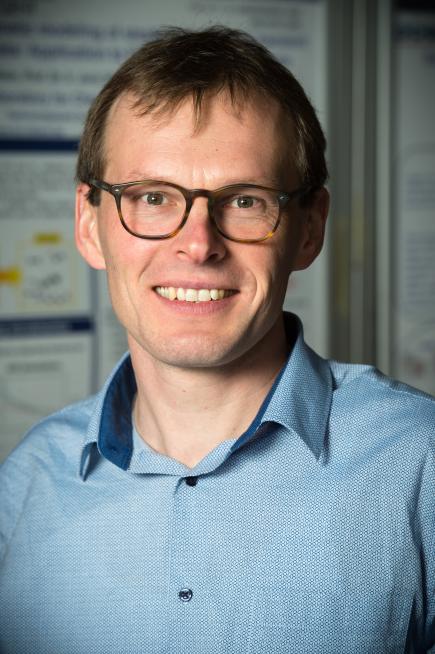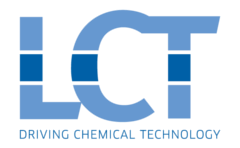Joris W. Thybaut

Joris W. Thybaut (°1975, Ghent Belgium) is senior full professor in catalytic reaction engineering at the Laboratory for Chemical Technology at Ghent University since September 2022. He obtained his PhD on Single-Event MicroKinetic (SEMK) modeling of hydrocracking and hydrogenation at Ghent University in 2002 after which he went to the 'Institut des Recherches sur la Catalyse' in Lyon, France, for a postdoc on high throughput experimentation. Prof. Thybaut was first appointed at Ghent University in 2005 and, since then, actively investigates a variety of large-scale industrial hydrocarbon conversion reactions and more particularly, the rational design of the corresponding catalysts and reactors. Research projects range from bilateral contracts with industrial partners up to government funded large scale integrated projects, either as partner, PI or coordinator. Prof. Thybaut served as visiting professor at the Japanese Advanced Institute for Science and Technology in the period 2020-2021. He’s also one of the leading academics in the Eurokin consortium on kinetics and reactors (www.eurokin.org). His work has received appreciation as editor’s choice in AIChE J. and has been on the cover of various journals, among others the inaugural issue of ACS Engineering Au. A steady evolution from more classical refining reactions to renewables valorization can be discerned in his research activities. Most recently, as part of bilateral collaborations the scope of the investigated chemistry is further being extended towards inorganic reactions, pharmaceutical applications and circular chemistry.
